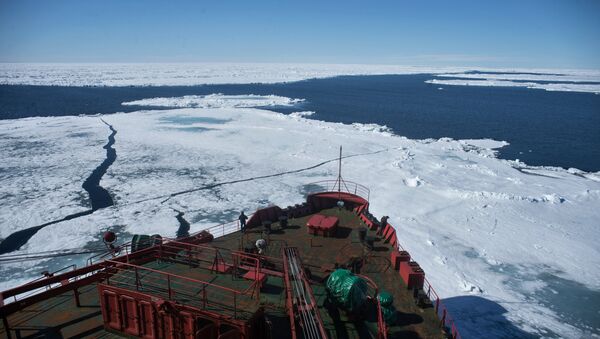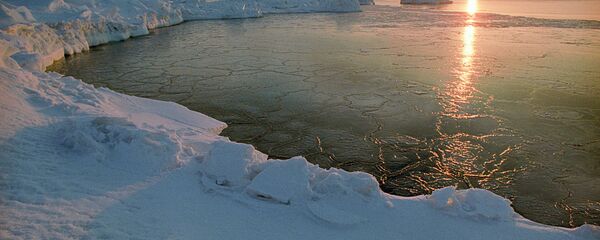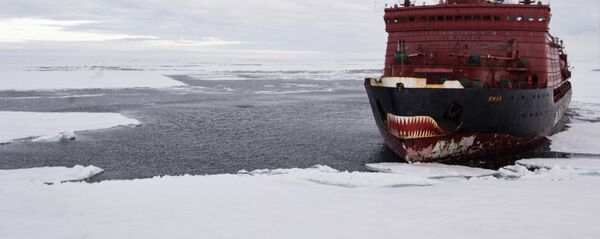"The Arctic is really now a depoliticized area, an island of peace and of constructive dialogue," Zasypkin said. "The United States is chairing the Arctic Council, and forms the agenda for cooperation, so the focus is primarily on environment, science and indigenous peoples’ issues. These are now the main points of contact, as well as the topics discussed in the framework of the Arctic cooperation."
Zasypkin noted that on the economic front, there is some cooperation though it is not big, such as concerning the development of transportation infrastructure.
"We develop our infrastructure, we need it," Zasypkin explained. "The Northern Sea Route runs along our coast. So, it is important in terms of security and the future as these projects concern the development of gas on the Yamal Peninsula, as well as possible transportation in the future from Europe to China. I don’t see Americans somehow participating in it," Zasypkin added. "The economics in the Arctic is not a priority for them."
"[Interest in] the energy sphere has almost dropped to zero," Zasypkin explained. "The only US company doing oil exploration in the Arctic, Shell, pulled out. That means now the United States is not carrying out any work concerning energy in the Arctic."
The Arctic is thought to contain enormous untapped resources of oil and gas. Five of the Arctic Circle countries — the United States, Russia, Canada, Norway and Denmark — have expressed a significant interest in exploring the region.
Russian officials have stated they regard the development of the country’s Arctic areas a top priority.




